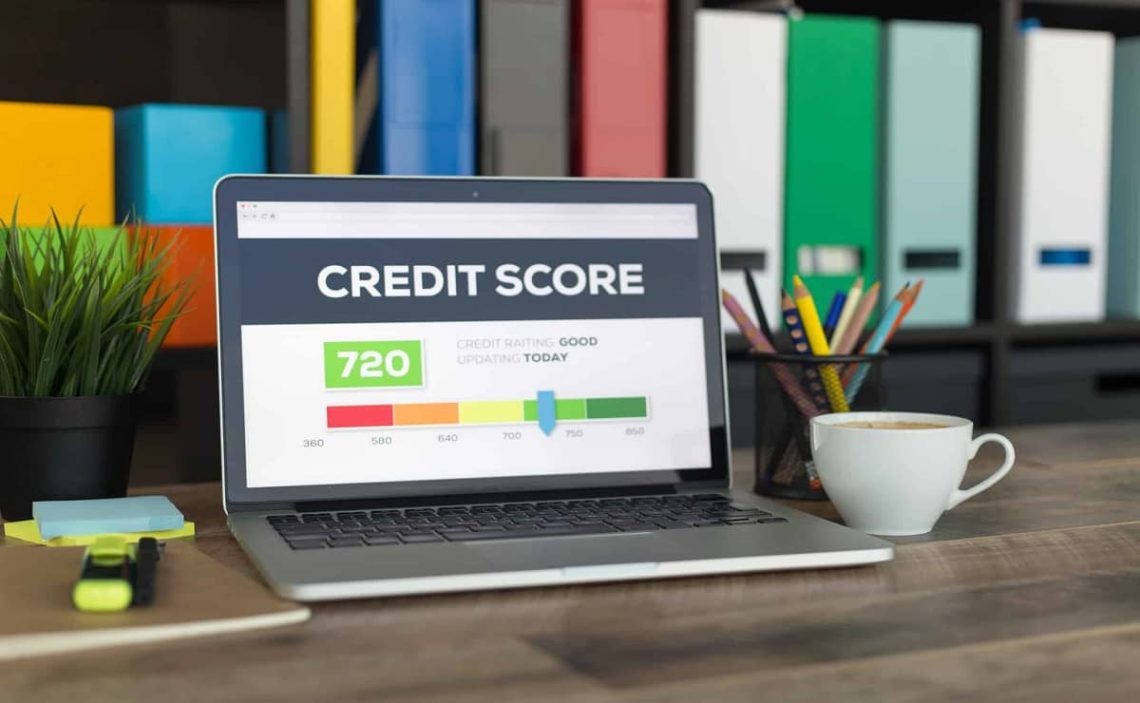Suppose you’re considering taking out a loan or credit card in the upcoming months. In that case, you’re probably looking to increase your credit score to qualify for lower interest rates and better payment terms. However, what you really want is to increase your score by at least 50 points quickly.
It would help if you considered that increasing your score is a process that requires time and dedication, but it doesn’t always have to be the slowest process in the world. You can consider a few tips and see results in no time.
Tips to increase 50 credit points
By considering certain basic points, you can increase up to 50 points in your credit score before the end of the year. If you plan to acquire a new mortgage or any service that requires a good score, this can help you.
Check your report and dispute any errors you find
One of the best ways to increase your credit score is to eliminate the elements that make it negative. When you do a proper check, you can considerably increase in months.
To get your report, you can request it from each of the consumer credit bureaus for free. You can order this once a year to do a proper check. Some users have increased up to 100 points in a few months by eliminating errors.
It would help if you verified that there are no overdue payments or accounts that you have already paid and are still showing. You can discuss any errors with the credit bureau over the phone or online.
Try to pay your credit card balances in full
Paying off outstanding credit card balances is essential if you have high credit card debt, as these products play an important role in your credit history. It would help if you had a low credit utilization rate of 20% or less.
Suppose you have exceeded that percentage due to different circumstances. In that case, it is advisable to make the full payment of the highest amount to improve your score by eliminating all debts in one or two months.
Don’t fall behind with your payments
One of the common problems is that you didn’t make payments on your debts on time, such as your credit card and loans. It would help if you were not late for more than 30 days because it would begin to file on your credit history and, therefore, lower your score.
With these payments, you won’t get a 50-point increase immediately, but it will show a noticeable difference.
Avoid applying for credit cards or loans in the upcoming months
Making a credit or card application usually affects your credit score because lenders’ reviews are recorded on your credit history. Hard credit inquiries will be affected because lenders do a hard credit check to verify your credit file.
The age of your credit accounts is also affected because when you open a new credit card, there is a reduction in the average age of your credit accounts. The impact on your score is not extreme, but it is noticeable.
It would help if you kept in mind that neither problem is too complex nor will it ruin your credit completely, but it can cause your credit score to go down, which you want to avoid increasing.
Consolidate your credit card debt
The simplest way to reduce credit utilization is to pay off outstanding balances. However, there are other options to accomplish this. There is the possibility of consolidating your credit card debt through some of these financial products:
- Debt consolidation loans are typically used to pay off credit cards. They may have a lower interest rate than your credit card, plus you can pay monthly in fixed payments
- Balance transfer credit cards: these are 0% introductory APR options on balance transfers from other credit cards. You have two advantages with these cards: you have time to make interest-free payments, and the credit limit of the card is added to your total credit
Regardless of your chosen method, you can decrease your credit utilization and increase your credit score. You also have to be responsible with your debt payments; if you get careless, you may have more outstanding expenses.
María Laura Landino is a journalist who graduated from Boston University with more than four years of experience in the financial sector. He has been responsible for several research papers published by major universities.
Content Manager of allaboutgroup company. You will find me in job and Finance sections.


